INTERNATIONAL RELATIONS
INTERNATIONAL RELATIONS
Management of the Israeli fence along the “Blue Line” | An example Greece must study in relation to the case of Evros
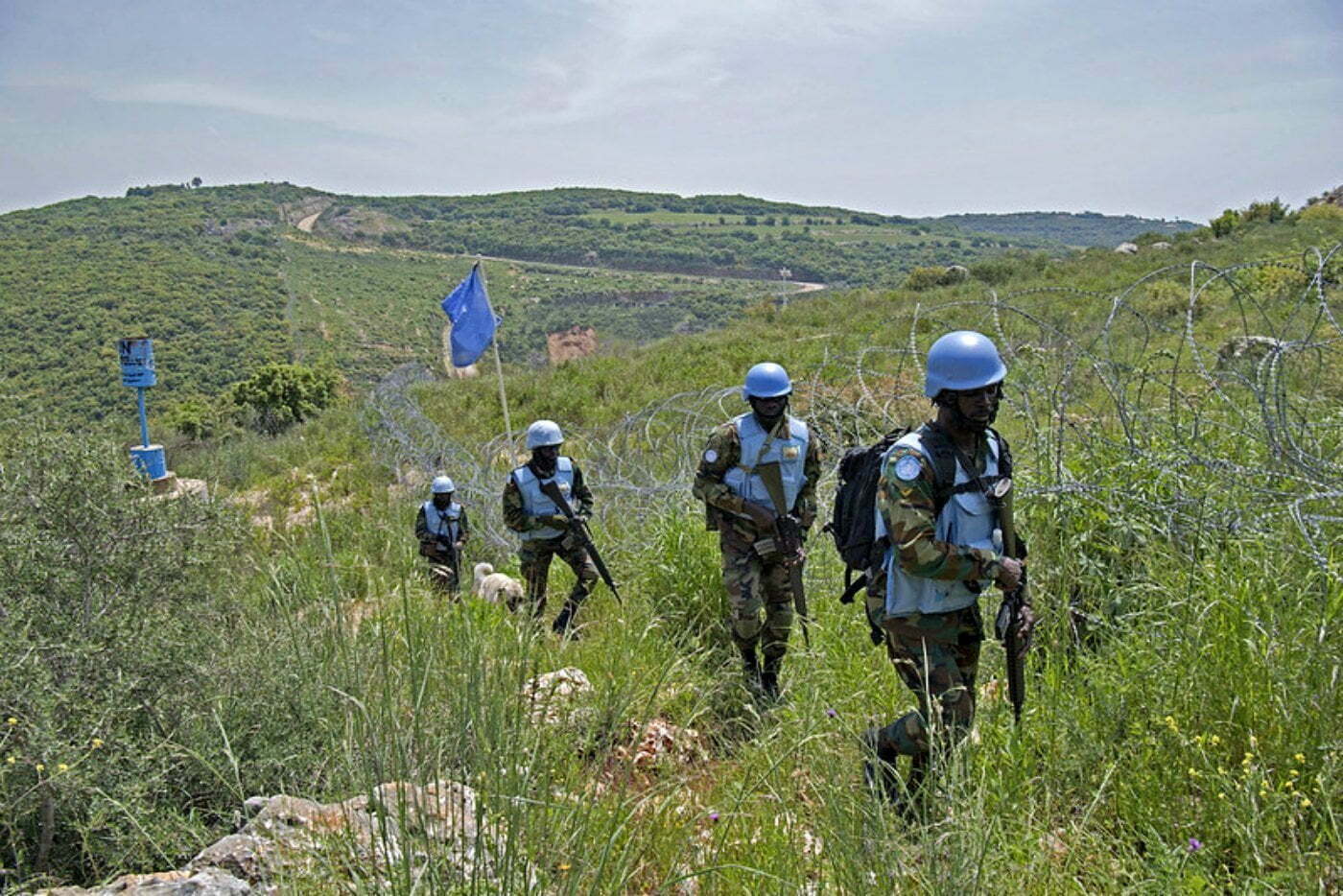
On the occasion of yesterday’s announcement by the Israeli Defence Forces (IDF), regarding an incident on the “border” fence at the so-called “Blue Line”, which separates Israel from Lebanon, the Greek side should study how to handle similar incidents that are likely to occur in Evros.
The IDF’s post came shortly after the Lebanese media claimed that the Israeli Defence Forces (IDF) had violated the “Blue Line” set by the United Nations.
In the video below, IDF International Relations Spokesman Lt. Col. Jonathan Conricus explains that the Israeli forces did not violate the “Blue Line” but came out on the ‘exterior’ side of the fence which falls within Israeli soil.
Your article states that IDF forces crossed the UN-demarcated Blue Line today. This is false.
They crossed the Israeli security fence, which is located INSIDE Israel and is NOT the Blue Line.
If you need a little recap, here you go:https://t.co/WQEqvd2uGl https://t.co/UsG0gyv86O
— Israel Defense Forces (@IDF) June 2, 2020
Israeli forces also have the ability to monitor electronically in the event of a breach or damage of the fence. Greece could do something similar, since in the recent past, the violations of the fence at the “blind spots” were a burden for the Greek forces since they had to constantly patrol and inspect large areas of the fence for any potential violations or sabotage.
For the record, the “Blue Line” was marked in 2000, when Israel withdrew its forces from Lebanon after about two decades. In the absence of agreed borders, the United Nations has identified a 120-kilometer “line of Withdrawal” marked with blue barrels in 2007. The “Blue Line” confirms the withdrawal of Israeli forces from Lebanon and is described as the best approximate depiction of the 1923 border line and the 1949 armistice agreement.
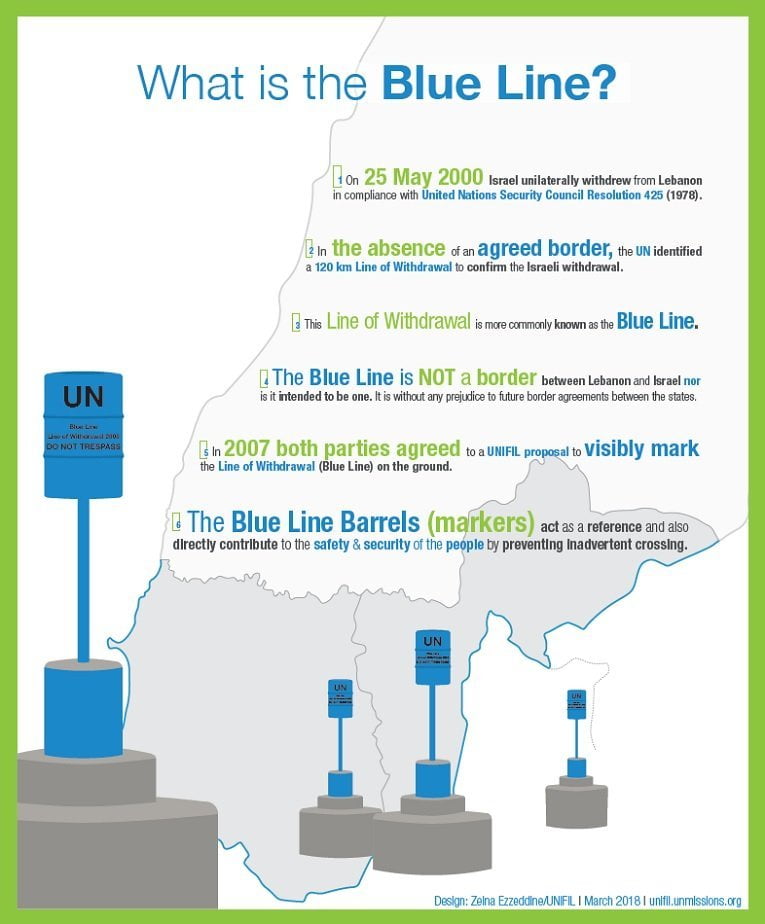
©UNIFIL
This line is not a border between Lebanon and Israel and does not affect a future Israeli-Lebanese agreement. The United Nations Peacekeeping Force in Lebanon (UNIFIL) is responsible for overseeing it. The mission, which was founded in 1978, involves 45 countries, including Cyprus with the presence of an officer and a non-commissioned officer. Greece participates in the UNIFIL Maritime Task Force with the contribution of a ship (usually a frigate) and a total of 139 people. The Maritime Task Force’s mission is to patrol Lebanon’s territorial waters to prevent the importation of illegal weapons as well as to provide assistance and training to the Lebanese Navy.
Also read:
EIB | Measures to Finance European Security and Defence and Critical Raw Materials
The European Investment Bank (EIB) has agreed on a series of measures to further boost investment in security and defence, as well as in critical raw materials.
European Union | Joint White Paper for European Defence Readiness 2030
Yesterday, the High Representative for Foreign Affairs and Security Policy and the European Commission presented a White Paper…
Libya | Announcement of Licensing Round for Exploitation of Energy Resources
Libya has officially announced its first oil and gas licensing in 17 years, offering 22 areas for international auction.
F/A-XX | Awaiting Developments on US Navy’s Sixth-Generation Stealth Fighter Plans
The US Navy is expected to announce this week who will be awarded the “golden contract” to develop its next-generation stealth fighter…
Endeavor Manta | Taiwan’s New USV
Taiwan has introduced its first indigenous unmanned surface vehicle (USV) as part of its efforts to develop asymmetric…
Ukraine | The New Katran VENOM USV Presented
Recently, Ukrainian officials have confirmed the development and combat deployment of a new Ukrainian Unmanned Surface Vehicle…
Palmas | Fake News About the Presidential Aircraft
Regarding the ongoing false and misleading reports published by the daily newspaper Alitheia, and in order to restore the actual…
HCDI | The Programmatic Horizon of Research and Development Projects for 2025
The Hellenic Defence Innovation Center (HCDI) announced its Programmatic Horizon of Research and Development Projects for 2025, which…
RAFNAR Hellas | New Shipyard in Lavrio, Expansion in Keratea, and New 62-Foot Vessel
RAFNAR Hellas has announced the official opening of its new state-of-the-art shipyard and headquarters in Lavrio, along with a…







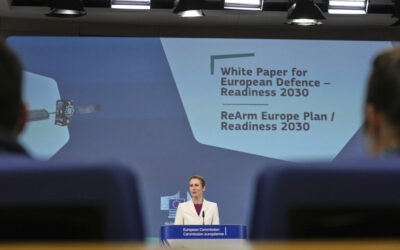

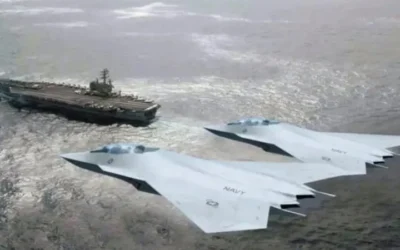
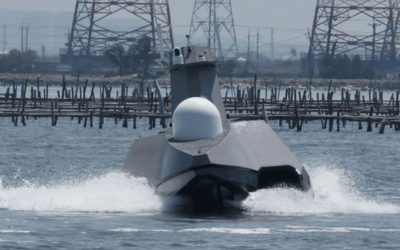
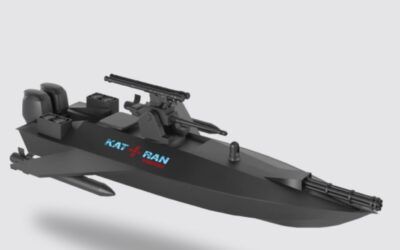



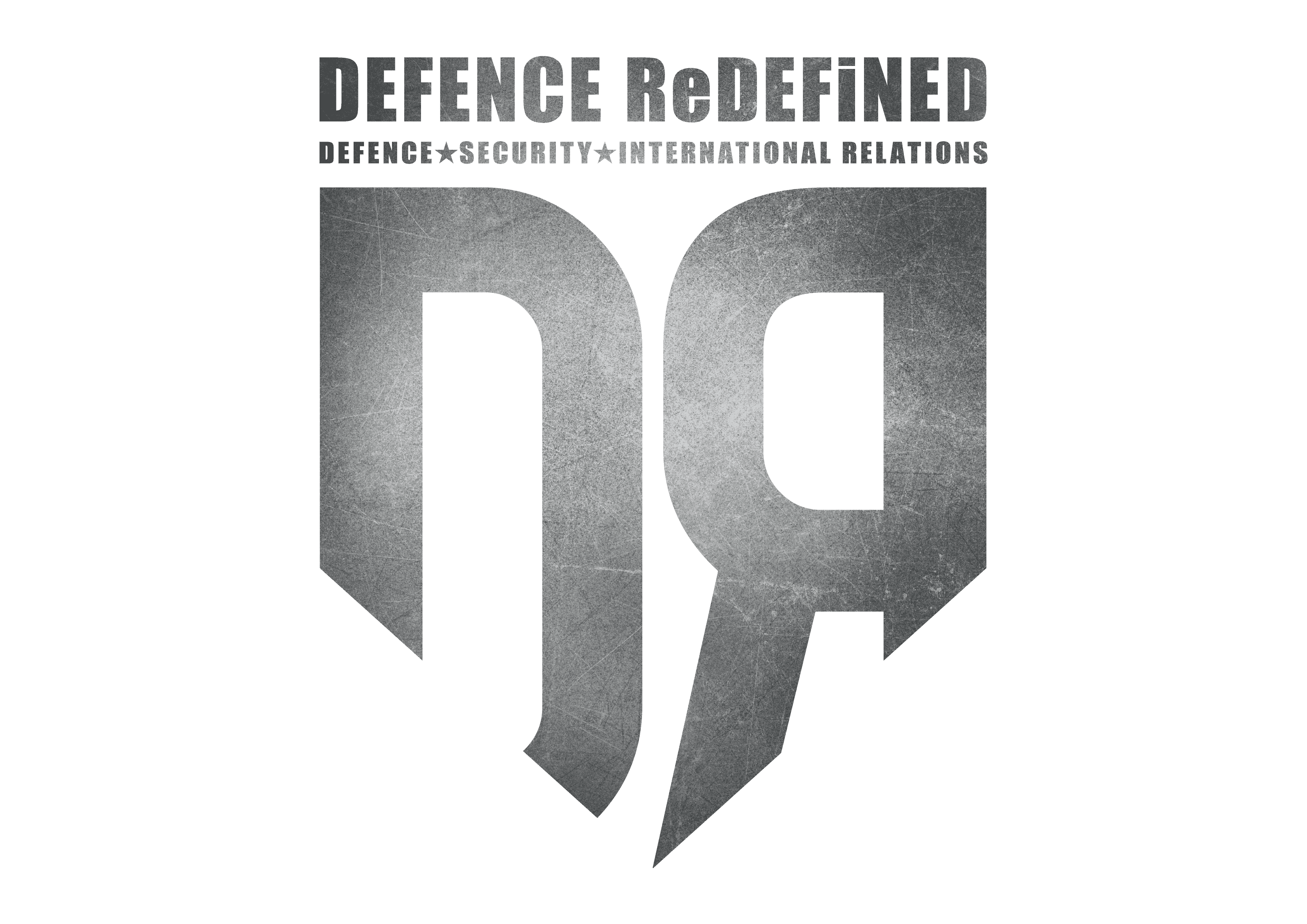
0 Comments